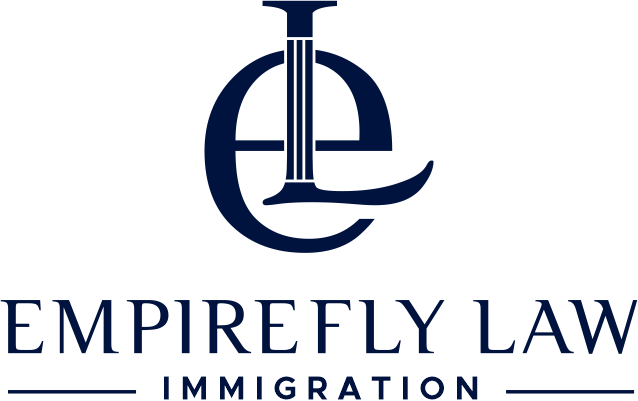Introduction
Are you a medical doctor from Africa looking to practice in Canada? The process involves several steps, including credential verification, exams, and licensing requirements. This guide provides a comprehensive overview of what African-trained doctors need to do to practice medicine in Canada.
1. Understanding the Canadian Medical Regulatory Framework
In Canada, the medical profession is regulated by provincial and territorial medical regulatory authorities, also known as Colleges of Physicians and Surgeons. Each province and territory has its own requirements and processes for licensing international medical graduates (IMGs).
2. Credential Verification
a. Medical Council of Canada (MCC)
The first step is to verify your medical credentials through the Medical Council of Canada (MCC):
– Educational Credential Assessment (ECA): Submit your medical degree and other relevant documents to the MCC for assessment. This verifies that your qualifications meet Canadian standards.
– Medical Council of Canada Evaluating Examination (MCCEE): Previously a requirement, the MCCEE has been replaced by the NAC OSCE and the MCCQE Part I and Part II exams.
b. World Directory of Medical Schools
Ensure that your medical school is listed in the World Directory of Medical Schools. This is a prerequisite for having your credentials recognized in Canada.
3. Passing the Required Exams
To practice medicine in Canada, IMGs must pass a series of exams:
a. Medical Council of Canada Qualifying Examination (MCCQE)
– Part I: Assesses medical knowledge and clinical decision-making ability. This computer-based exam is typically taken after completing a medical degree.
– Part II: Evaluates clinical skills through Objective Structured Clinical Examinations (OSCEs). This is generally taken after completing one year of postgraduate training.
b. National Assessment Collaboration Objective Structured Clinical Examination (NAC OSCE)
– NAC OSCE: An assessment of clinical skills and knowledge required for entry into a Canadian residency program. This exam is mandatory for IMGs applying for residency positions in Canada.
4. Residency Training
After passing the necessary exams, you must complete a period of residency training in Canada:
a. Canadian Resident Matching Service (CaRMS)
– CaRMS Match: IMGs must apply for residency positions through the Canadian Resident Matching Service (CaRMS). This competitive process matches candidates with available residency programs across Canada.
– Residency Requirements: Residency programs typically last between two to five years, depending on the medical specialty.
5. Licensure and Certification
Once residency training is completed, IMGs must obtain licensure to practice independently:
a. Provincial/Territorial Medical Regulatory Authority
– Licensure Application: Apply to the medical regulatory authority in the province or territory where you wish to practice. Each authority has specific requirements, including exams, assessments, and fees.
b. Certification by the Royal College or CFPC
– Royal College of Physicians and Surgeons of Canada (RCPSC): For specialists, certification by the RCPSC is often required.
– College of Family Physicians of Canada (CFPC): For those intending to practice family medicine, certification by the CFPC is necessary.
6. Language Proficiency
Proficiency in English or French is crucial for practicing medicine in Canada:
– Language Testing: You may be required to demonstrate language proficiency through standardized tests such as IELTS or TEF, depending on the province or territory.
7. Professional and Ethical Standards
a. Canadian Medical Ethics and Practice
– Understanding Canadian Medical Ethics: Familiarize yourself with the Canadian healthcare system, patient care standards, and medical ethics. This includes understanding the Canadian Medical Association’s Code of Ethics and Professionalism.
b. Continuous Professional Development
– Ongoing Education: Engaging in continuous professional development (CPD) is essential for maintaining licensure and staying current with medical advances.
Conclusion
Becoming a licensed medical doctor in Canada as an IMG from Africa involves multiple steps, from credential verification and exams to residency training and licensure. Understanding and preparing for these requirements is crucial for a successful transition into the Canadian medical system. At Empirefly Immigration Law firm , we offer expert guidance and support for international medical graduates navigating the Canadian immigration and licensure process. Contact us today for personalized assistance on your journey to practicing medicine in Canada.




